Border PatrolŌĆÖs Abusive Practice of Taking MigrantsŌĆÖ Property Needs to End
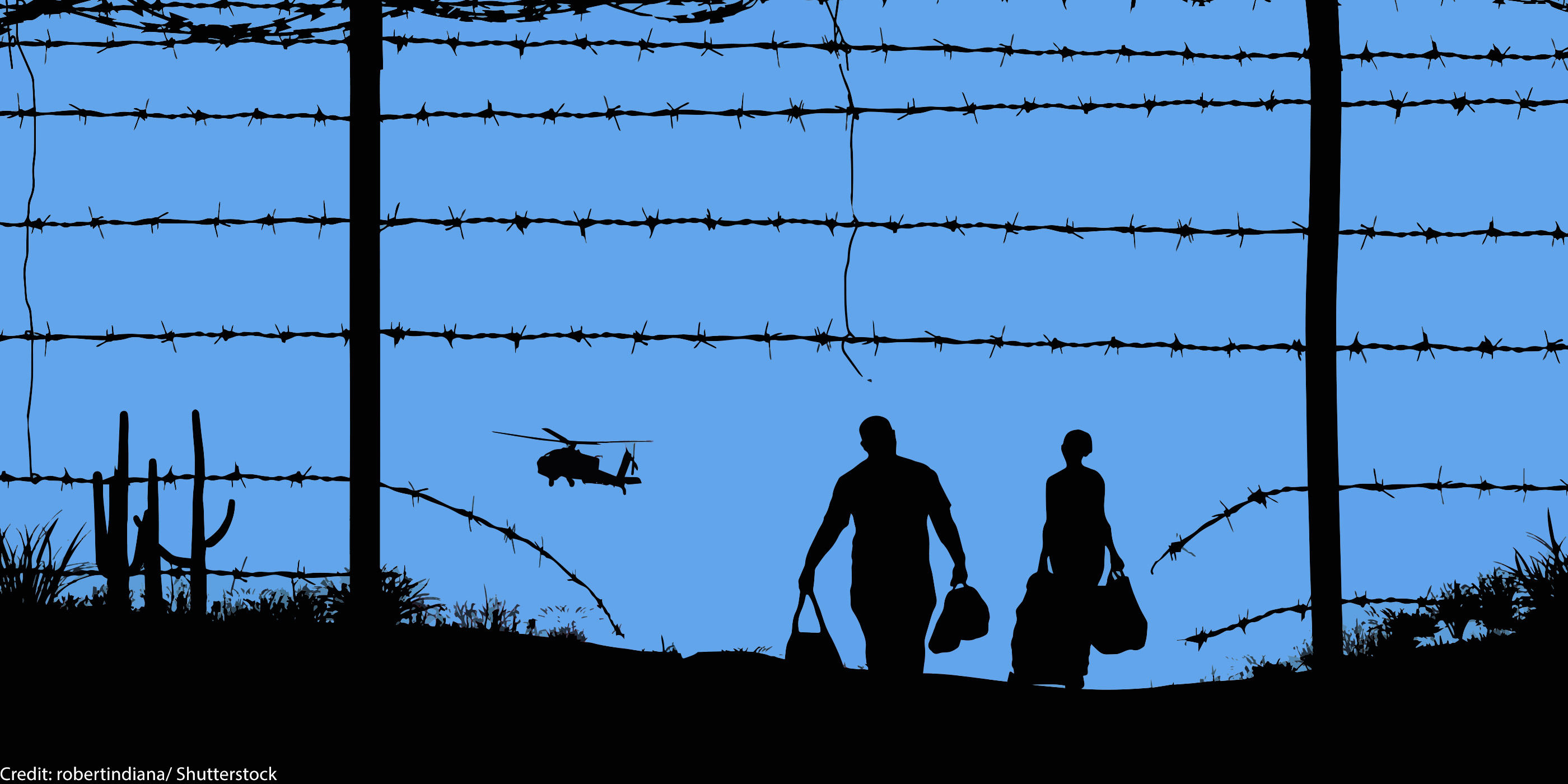
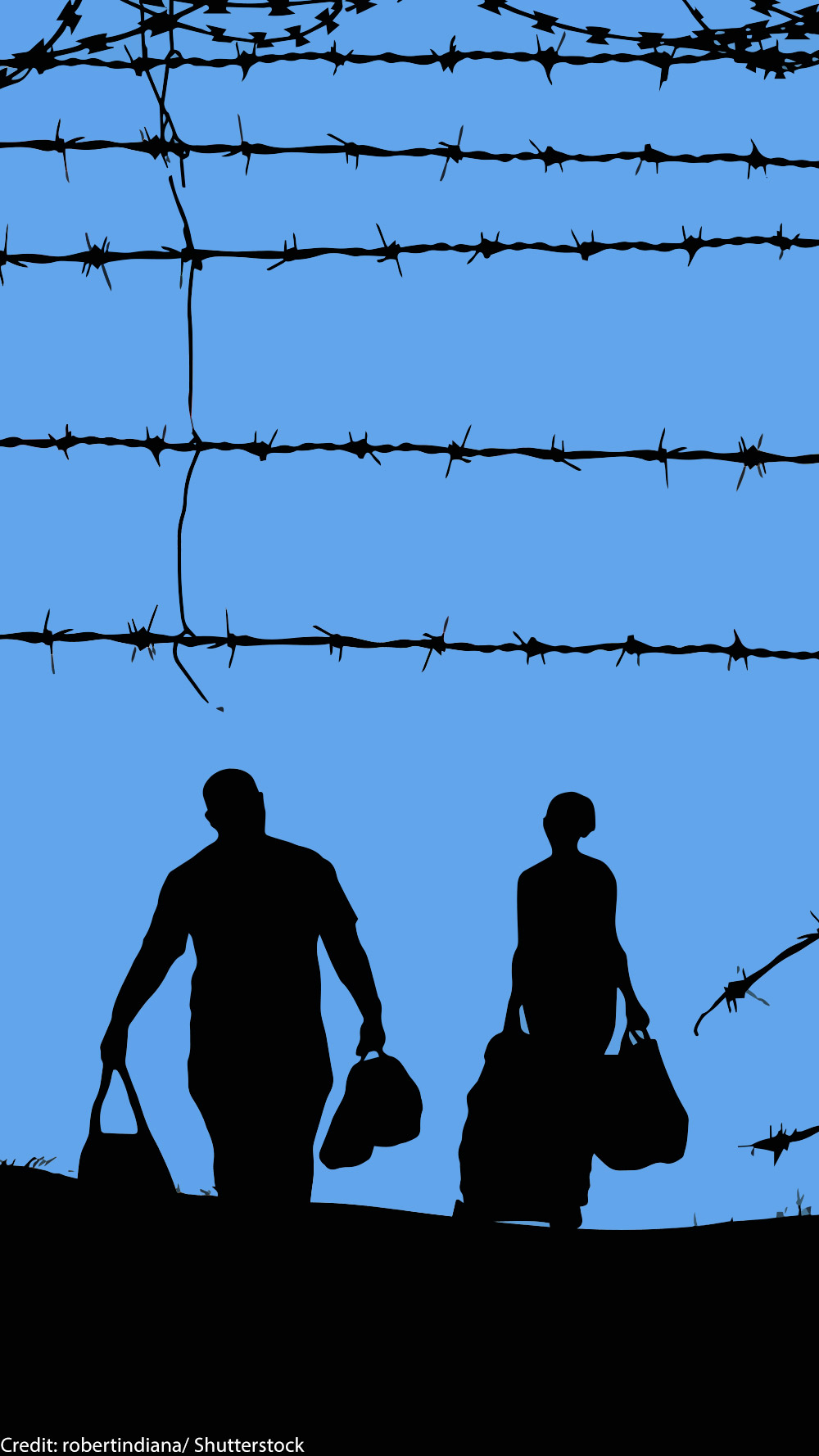
Seeking lives of safety and opportunity, people coming to the United States as migrants and asylum-seekers may carry only their most essential and beloved possessions. When they arrive in the U.S. and are taken into Border Patrol custody, many migrants endure the devastating loss of their property: Border Patrol agents routinely confiscate, trash, or force them to throw away their precious belongings.
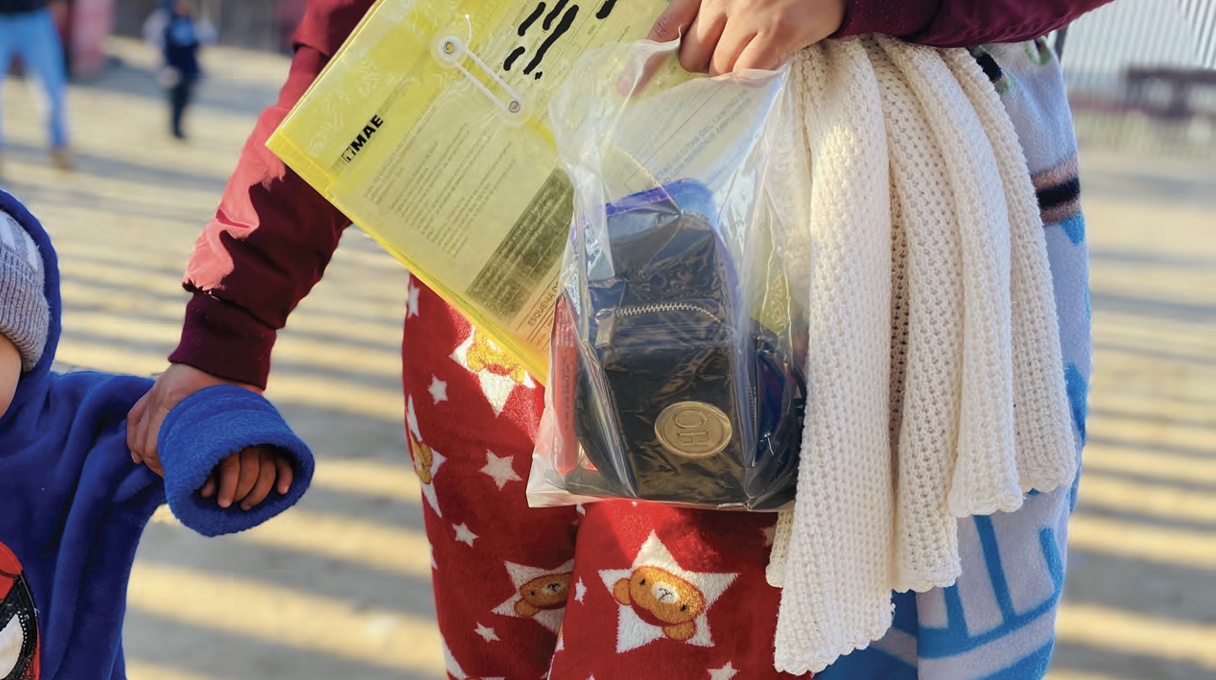
From Hope to Heartbreak: The Disturbing Reality of Border Patrol's Confiscation of Migrants' Belongings
Source: ╠ęūė╩ėŲĄ
In a new report published in partnership with organizations working on the southern border, From Hope to Heartbreak, we document routine cases of this abusive treatment focusing on confiscation of medication and medical devices, legal and identity documents, religious items, and items of financial, practical, or sentimental value.
The report relies heavily on hundreds of intakes conducted by the Kino Border Initiative (KBI), which runs a migrant aid center along MexicoŌĆÖs border with Arizona, and ProtectAZ Health, which offers free medical screenings and care to migrants in Phoenix.
Medications and Medical Devices
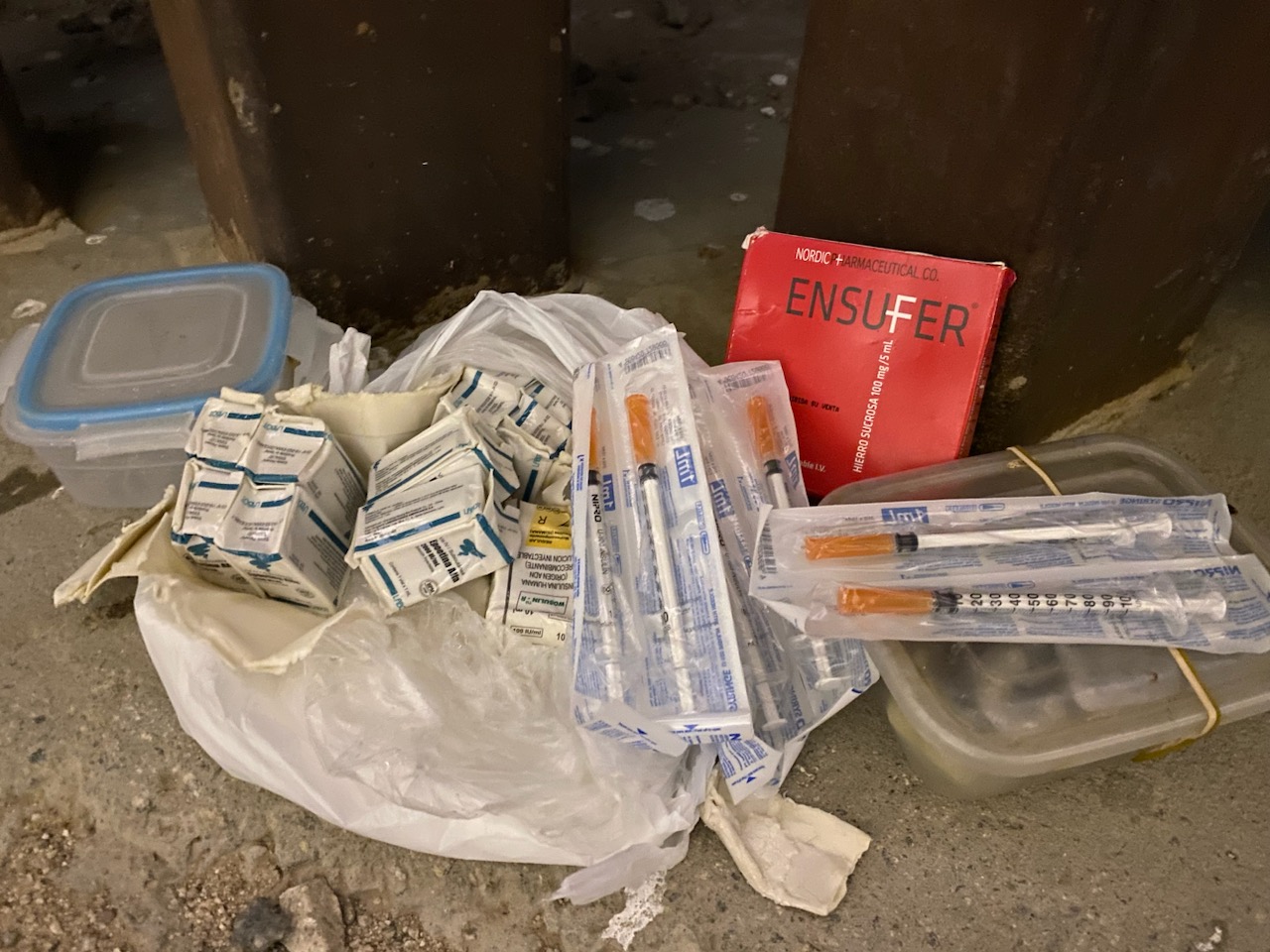
Border Patrol and its parent agency, Customs and Border Protection (CBP), have routinely confiscated life-saving medications and medical devices from adults and children who have illnesses such as seizure disorders, high blood pressure, diabetes, asthma, and genetic conditions.
CBP agents took a 5-year-old girlŌĆÖs epilepsy medications away from her mother. When the little girl, whom we are calling Rosa, experienced convulsions, she was taken to the hospital. When she was discharged from the hospital and returned to CBP custody with new medications and special dietary supplements, CBP agents confiscated those. Not until the family was released to a shelter in Las Cruces, New Mexico, did Rosa receive the medical care she needed.
Depriving people of their necessary medication obviously risks their health and safety. It also adds stress to local hospital systems, as people need to visit the emergency room or be hospitalized because their health deteriorates from missing their medication.
ProtectAZ received a 13-year-old boy, whom we are calling Leonel, at their shelter. Leonel has a genetic condition in which he lacks a necessary amino acid that prevents the build up of ammonia in his body. The condition can have serious consequences if untreated, including seizures, coma and death. Leonel needed to take daily supplements, but they were confiscated by Border Patrol in Casa Grande, Arizona. At the ProtectAZ shelter, LeonelŌĆÖs health deteriorated, and he had to be admitted to the hospital for a week to stabilize his condition.
In a separate occurrence, a 7-year-old boy with moderate-persistent asthma was detained for two days. His inhaler was taken away, and he wasn't given a replacement. After being released, he developed respiratory symptoms, and his condition worsened quickly. His family took him to the emergency department, and he was transferred to a pediatric intensive care unit.
Legal and Identity Documents
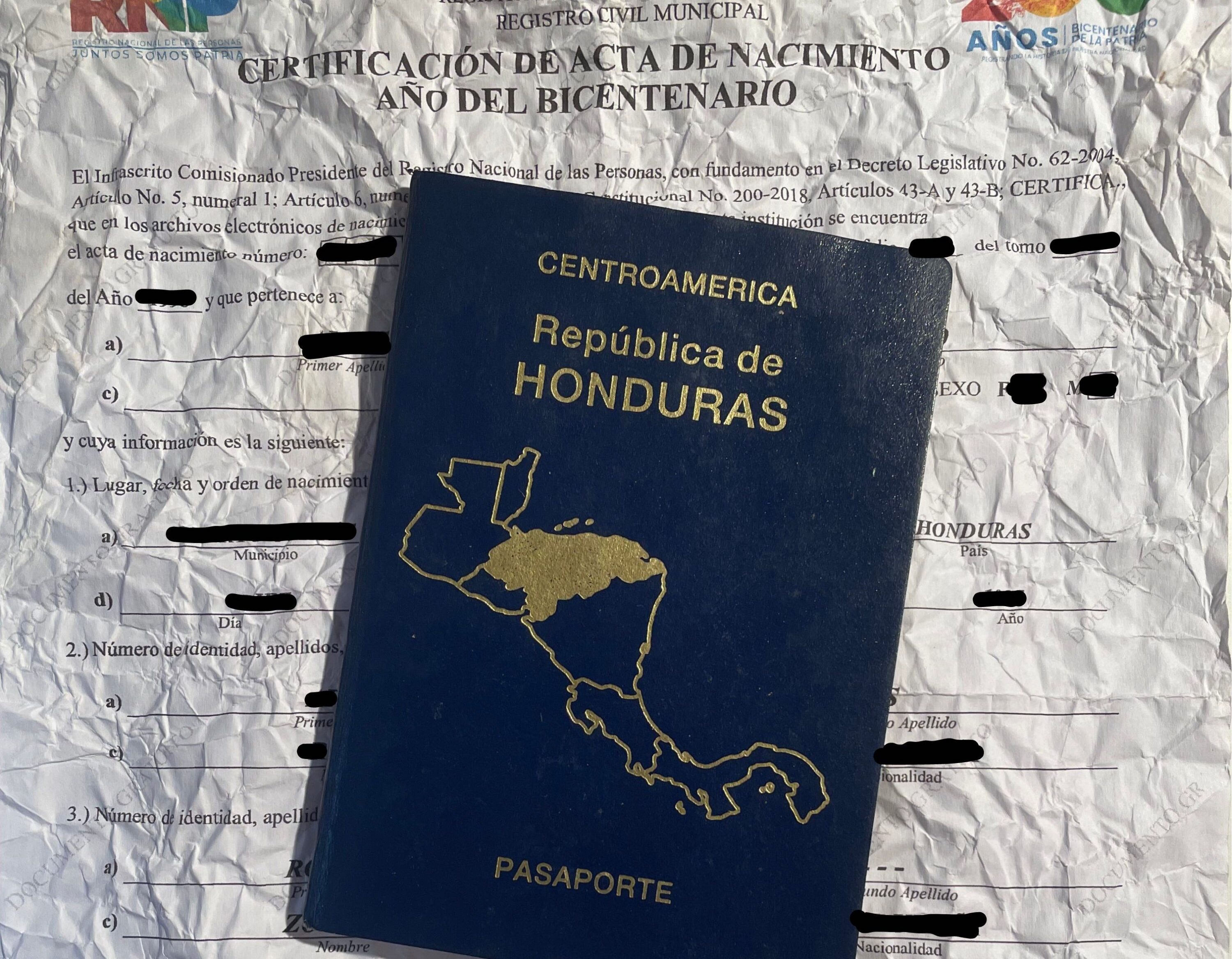
Confiscating or destroying legal and identity documents, such as birth certificates, passports, medical records, and documents to substantiate asylum claims, has been a hallmark of Border PatrolŌĆÖs operations.
One man told KBI that Border Patrol agents tore his birth certificate up in front of him. He managed to save his Mexican identity card because he had hidden it in his shoe. Advocates in the Rio Grande Valley Sector in Texas report finding discarded documents that could be important in substantiating asylum claims, such as police reports and medical records. Volunteers with the Borderlands Collective in San Diego say document confiscation is especially concerning for parents of minor children, who may not be able to prove that they are family without their childrenŌĆÖs birth records.
ŌĆ£Passports are very important here,ŌĆØ one person had shared. ŌĆ£To open an account, to identify yourself, and I donŌĆÖt have that document. I donŌĆÖt have the childrenŌĆÖs birth records because they took them from me. That makes me feel terrible.ŌĆØ
Migrants who are deported, expelled or returned to Mexico cannot withdraw or receive money without identity documents. Confiscated or destroyed documents pose a significant barrier to asylum-seekersŌĆÖ ability to substantiate their claims. The ChildrenŌĆÖs Legal Center sued Immigration and Customs Enforcement (ICE) on behalf of 68 asylum-seekers whose documents the agency had confiscated. The lawsuit argues the confiscation violates the plaintiffsŌĆÖ due process rights to seek work authorization and to support their asylum cases.
Religious Items
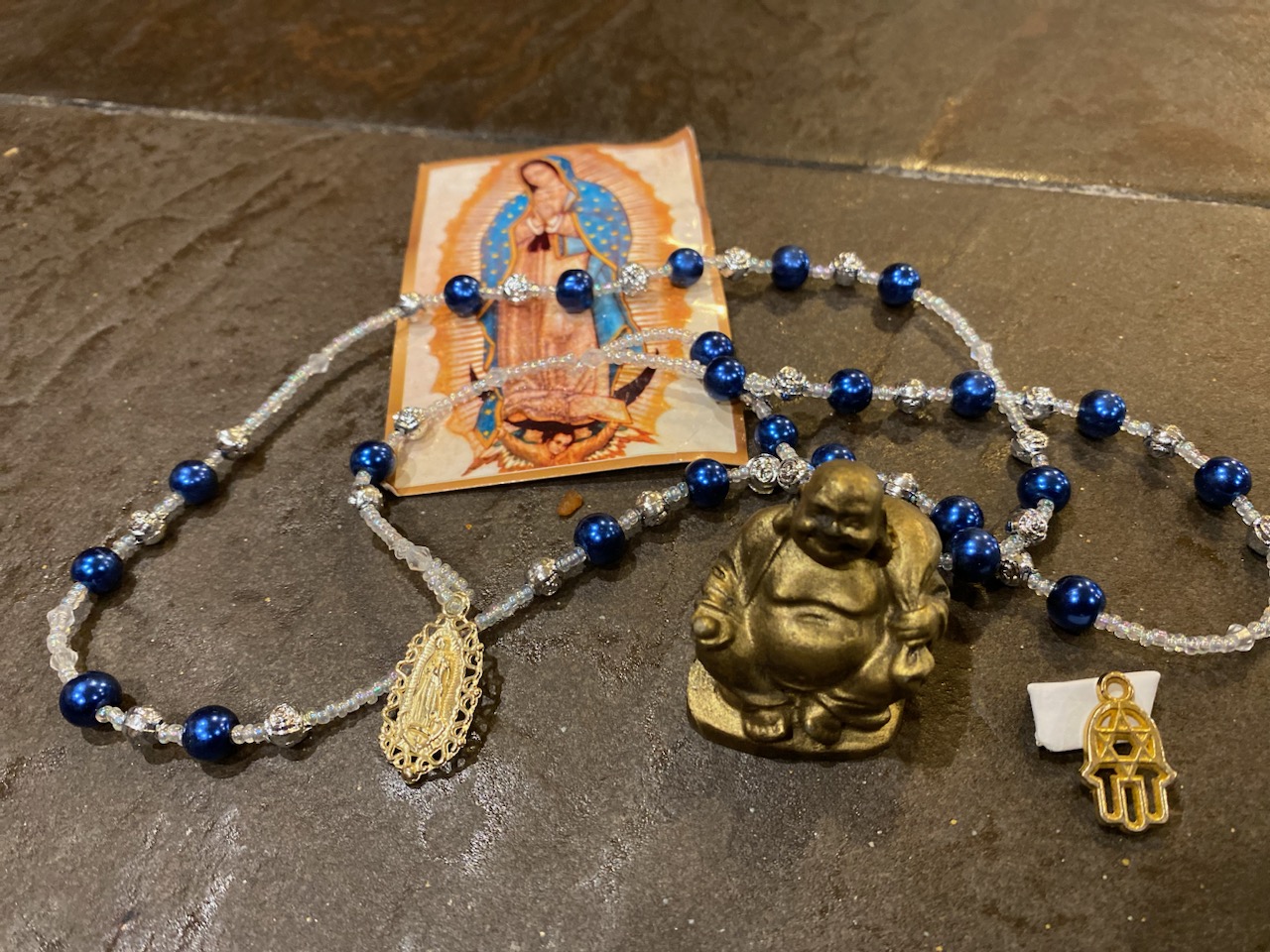
Over the summer of 2022, there was a spike in reports of Border Patrol taking away Sikh asylum-seekersŌĆÖ turbans. Forcing a Sikh person to remove their turban is a serious violation of their faith. "They told me to take off my turban. I know a little English, and I said, ŌĆśItŌĆÖs my religion.' But they insisted." The man pleaded with the officers, but they forced him to remove his turban and toss it in a pile of trash. He asked if he could at least keep his turban for when he was released from custody, but they told him no.
While Border Patrol has since taken positive steps forward on how it handles turbans and other Sikh articles of faith, the agencyŌĆÖs religious freedom violations arenŌĆÖt limited to people of the Sikh faith. A person told KBI that Border Patrol agents took his Bible, which he told them had significant spiritual meaning to him, and trashed it in front of him. Border Patrol agents in Yuma told several Muslim migrants they had to throw away their prayer mats. One of the men said his prayer mat had been in his family for more than 100 years.
MigrantsŌĆÖ religious freedom is protected both by the First Amendment and the federal Religious Freedom Restoration Act, which provides additional protection for the free exercise of religion. Some asylum-seekers are fleeing religious persecution in their home countries, and the experience of CBP violating their religious faith can be a retraumatizing experience. CBP has been made aware of their violations for years, suggesting a failure of CBP policy and practice to fully respect the religious freedom rights of migrants and asylum-seekers.
Items of Practical, Financial, or Sentimental Value
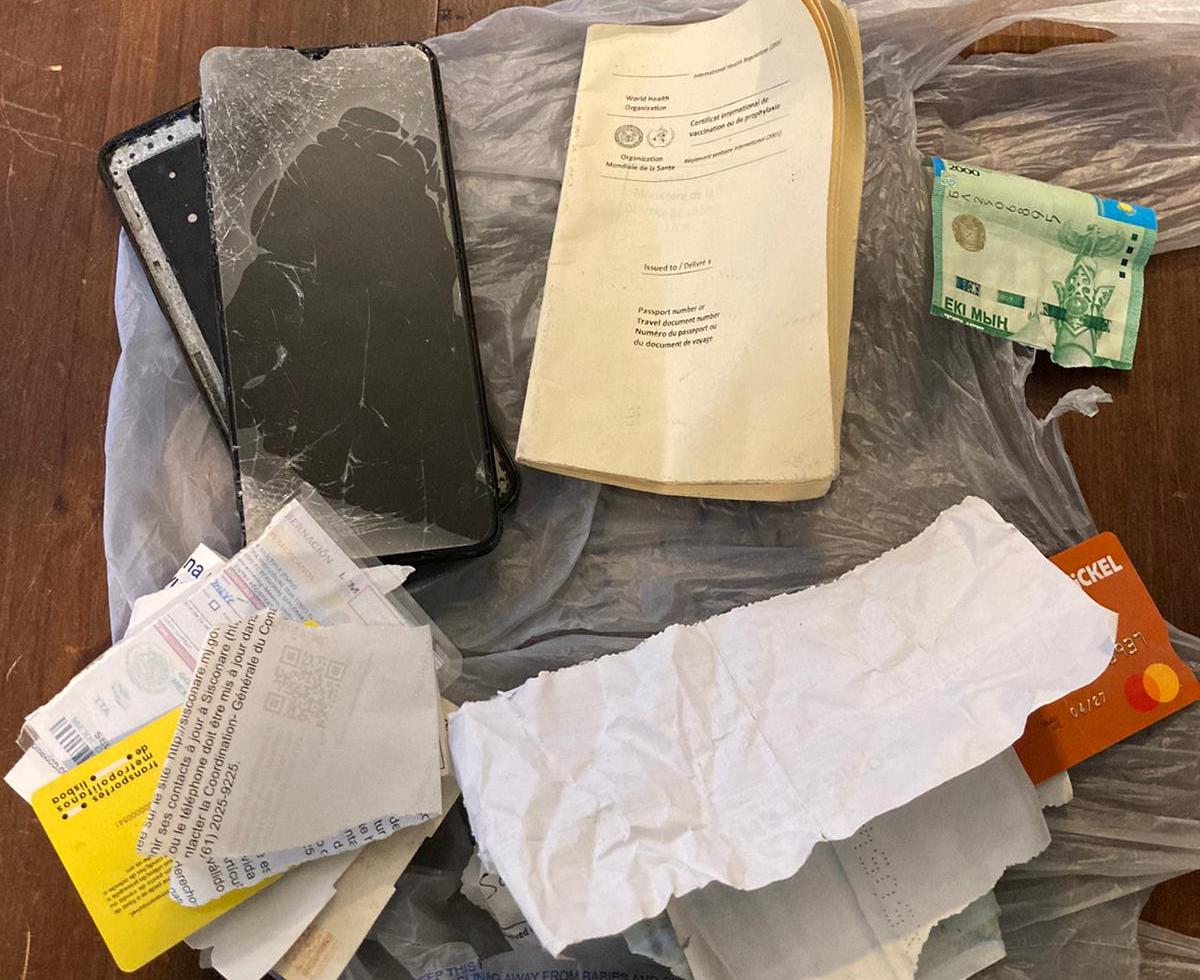
Migrants have regularly reported Border Patrol agents confiscate their money and cellphones. These items are of clear value and represent a devastating loss: impoverishment and loss of contact with loved ones. Several migrants told KBI they lost the equivalent of hundreds of dollars to Border Patrol. One man described seeing a Border Patrol agent take 3,000 pesos from another man and rip it up in his face. Other migrants described the loss of family photos on their confiscated cellphones.
Confiscation of clothing appears to be widespread in Border Patrol custody, leaving migrants with only a single layer of clothing. ŌĆ£The official asked me how many shirts I had, and I responded that I had two shirts plus a sweater. The official started laughing and told me I had to take everything off but one shirt,ŌĆØ one person recounted.
Volunteers and shelters supporting migrants are critical of this practice, especially during the winter and if migrants are traveling north. One shelter in Las Cruces, New Mexico, said it spent $100,000 every month to provide clothes to migrants. Once the Border Patrol sectors in New Mexico reduced their confiscation of peopleŌĆÖs clothes, the shelter reported reducing costs for clothing people by half.
Finally, migrants report having their cherished belongings confiscated or trashed ŌĆō childrenŌĆÖs toys, heirloom jewelry, and even a loved oneŌĆÖs ashes. One man said Border Patrol agents forced him to throw away his fatherŌĆÖs ashes ŌĆō his father had died while journeying to the U.S. from Nicaragua.
The Systematic Confiscation of Migrants' Belongings at the U.S. Southern Border, Despite the Vast Resources Available to Border Patrol, is Indefensible
CBPŌĆÖs practice of property confiscation and destruction isnŌĆÖt only cruel, unnecessary, and, in some cases, life-threatening, in many cases, it likely violates federal law and policy. We outline achievable policy changes that CBP can adopt to protect the dignity, safety, and rights of people arriving in the U.S.
Border Patrol must ensure migrants in its custody and those released from custody have continuous access to their medications and medical devices. Migrants should be allowed to keep as many of their personal belongings as possible in custody and after they are released. CBP must change its policies to comply with federal safeguards of religious freedom in its treatment of peopleŌĆÖs religious garb and religious items.
The bottom line is that CBP can and must do better to live up to our nationŌĆÖs values and commitments to people seeking safety within our borders. People seeking refuge in the U.S. deserve to be welcomed with dignity.


